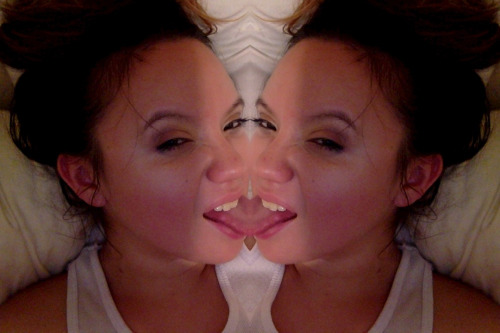You’d probably agree that a selfie might become a reason for a debate, particularly if you are taking one while being in one cage with a lion or on a funeral. People make selfies to get attention but these photos can tell others what kind of person you are, of course, even if they don’t pay much attention to it. A group of researchers published their work in Computers in Human Behaviour examining how selfies can provide an insight into your personality.
According to Oxford Dictionary, the term selfie refers to a photograph that is taken of oneself, typically one taken with a smartphone or webcam and shared via social media. These photos are becoming increasingly more popular. However, as the researchers state, little is known about how selfies reflect their makers’ personalities and how people judge others’ personality from the selfies they post on social media.
Due to the rising popularity of this specific kind of pictures, there’ve been lots of researches of selfies during the last years, many of them meaning to look into the science and psychology behind self-portraits. A 2014 study found that taking a lot of selfies could be a cause of mental illnesses, such as obsessive compulsive disorder or body dysmorphic disorder. Others claimed that those who take selfies frequently might be predisposed to narcissism, isolation or even suicide.
Researchers from the Nanyang Technological University, Singapore, conducted a study. A group of selfie-shooters were asked to fill in a questionnaire and a group of students were requested to take a look at the selfies that the members of the first group posted on social networking websites and make judgements about their personality traits.
The researchers picked out several different photo aspects to base their analysis on: whether selfie-takers made a duckface, pouted their lips, looked right at the camera, showed emotional positivity, took a photograph of just their face or the whole body, exhibited the location. The results showed that those who appeared agreeable to the photo viewers were being cheerful on the selfie shots. The same applied to those who held the camera lower. People seemed scrupulous if they hid the background location of the photo as if they were concerned about privacy. Not surprisingly, those who had a duckface scored highest levels of neuroticism and emotional instability.
As the researchers found, a selfie taken by a person was consistent with their own self-appraisal. However, this hardly coincided with the opinion of the students who tried to guess personality traits judging on the selfies.
So if you shoot selfies and post them on social media thinking that they are just some beautiful pictures of you, it might be time for you to become aware that not only do they convey a meaning to those who see them but also that you might come across the opposite from who you’d like to appear.
Image source: leonathestrange.tumblr.com, www.pinterest.com/claurs/cara/ (Cara Delevingne)








